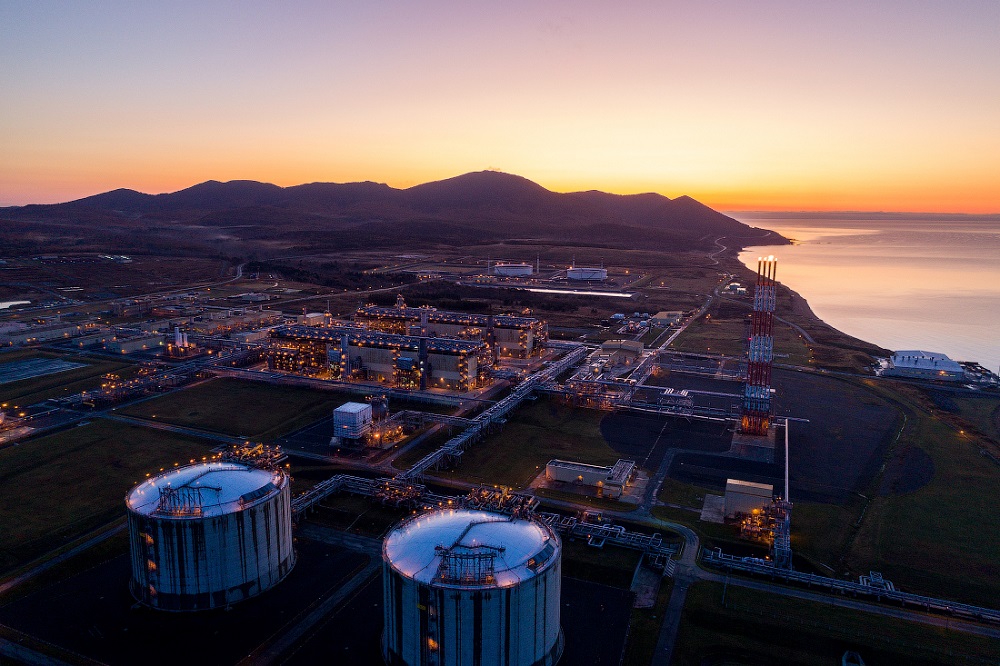Russia’s Sakhalin Energy has closed only one LNG train at the Gazprom-operated Sakhalin-2 facility for planned maintenance due to challenges associated with the Covid-19 coronavirus pandemic.
The maintenance also includes the Lunskoye-A offshore platform that produces the majority of the gas for the LNG plant, and the onshore processing facility booster station No. 2.
The Russian company said on Monday in a statement it will close one train at a time for both the platform and the processing facility.
The maintenance works will last just over a month.
“Due to current economic downturn and the pandemic challenge, we had to modify the initial turnaround scope”, said Ole Myklestad, Sakhalin Energy’s production director.
“To ensure the safety of our people and reliable production, the company has decided to follow the original timeline, but shut down only one train at the LNG plant”, he said.
1500 workers to take part in the maintenance
Sakhalin Energy said the decision was driven by a number of factors, such as epidemic prevention measures rolled out at its assets and maintaining their “virus-free status”.
These also include self-isolation requirements for the company’s personnel and limited ability to mobilise expatriates, as well as challenges associated with delivering materials and equipment from outside Russia.
About 1500 people including 700 external technical specialists will take part in the shutdown activities.
According to Sakhalin Energy, all of the personnel have undergone 14-day self-isolation in specially equipped corporate temporary accommodation facilities with being tested for coronavirus twice.
During the turnaround, Sakhalin Energy will continue delivering crude oil and LNG cargoes to its customers located mainly in Asia.
The Russian company expects to offload about 600 thousand tonnes of LNG and about 382 thousand tonnes of crude oil over this period, with 13 oil tankers and LNG carriers calling at the port of Prigorodnoye.
The Sakhalin plant started producing LNG from two trains back in 2009 and it currently produces more than 11 million tonnes per year. Earlier this year, it shipped its 1800th cargo of the fuel.
Equity holders in Sakhalin Energy include Gazprom, Shell, and Japan’s Mitsui and Mitsubishi Corp.

